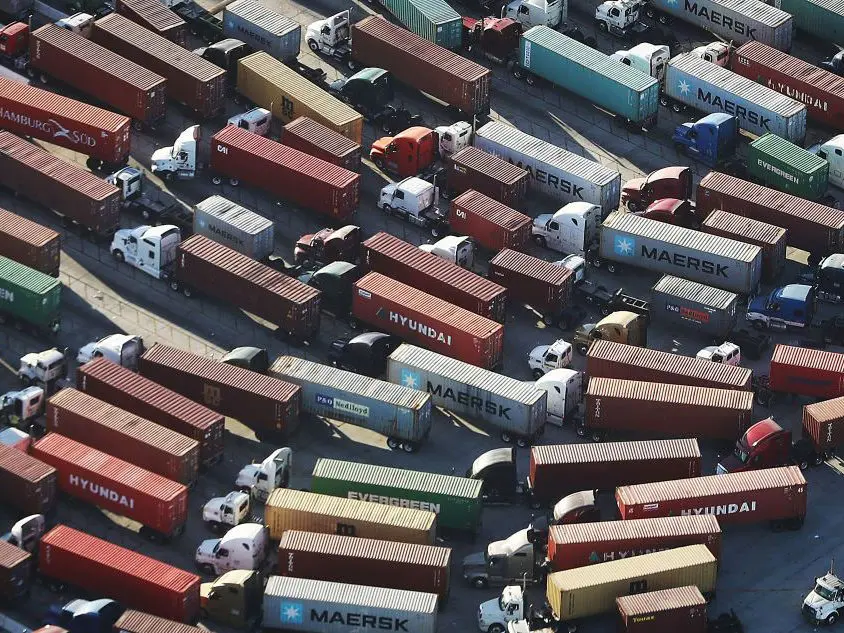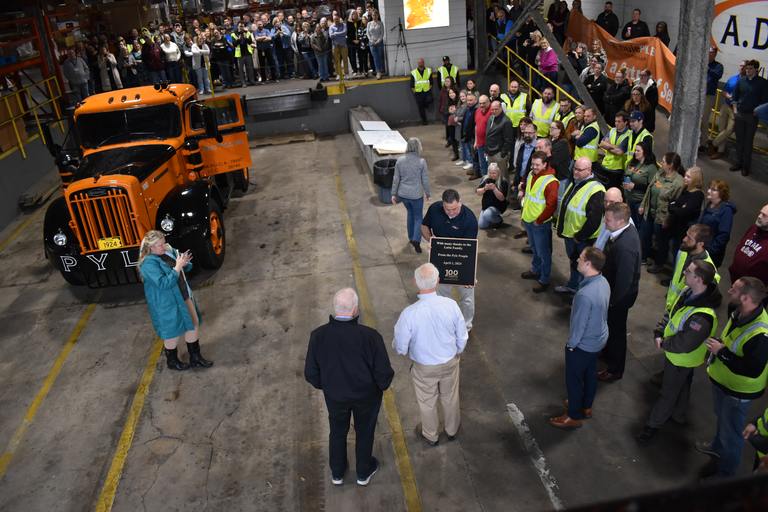
Reducing Supply-Chain Disruptions Through Integrated Logistics

Supply-chain and logistics challenges fueled by the COVID-19 pandemic have demonstrated how transportation partners with integrated, flexible offerings can keep the supply chain flowing.
COVID-19 not only disrupted supply chains but reshaped them. The pandemic forced shutdowns of some markets and accelerated others. For example, at the height of the pandemic, supply chains were impacted by a 69% decrease in U.S. restaurant dine-in business. At the same time, the grocery sector experienced double-digit growth. Similar trends played out in the construction industry, which saw more than a 10% decline in revenue in 2020. In contrast, the corrugated packaging industry enjoyed double-digit growth resulting from the increase in e-commerce.
Changes in consumer behavior also caused a dramatic shift in freight patterns. COVID-19 accelerated e-commerce, with sales growing from $598 billion in 2019 to $861 billion in 2020 — a 44% increase. Data from consulting firm McKinsey puts the surge in e-commerce volume into context, noting that the rate of e-commerce penetration in the U.S. grew by 10 years in 90 days in 2020.
You May Like

A. Duie Pyle celebrates 100 years of growth
‘Pyle People’ are key to the Chester County company’s success, CEO Peter Latta said. WEST GOSHEN — From one man’s dream in 1924, A. Duie Pyle has grown to become an award-winning interstate transportation company

Navigating the Complexities of Alcohol Transportation
As consumer preferences and market dynamics continue to evolve, agility, adaptability and a customer-centric approach will be essential for navigating the road ahead in alcohol transportation. Alcohol transportation is a notably intricate and unique part